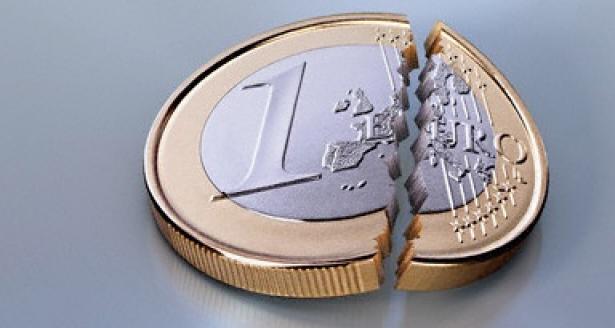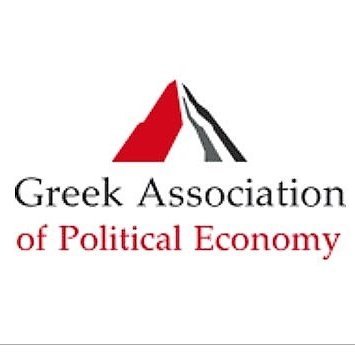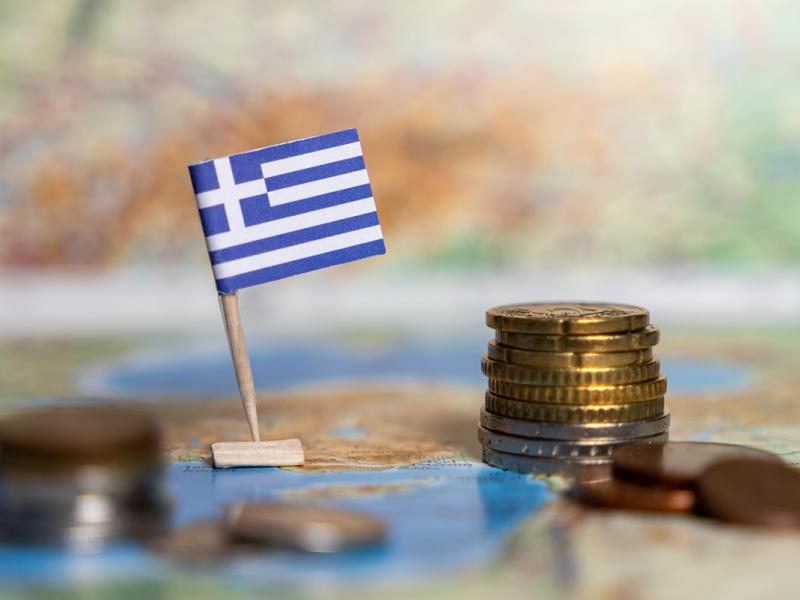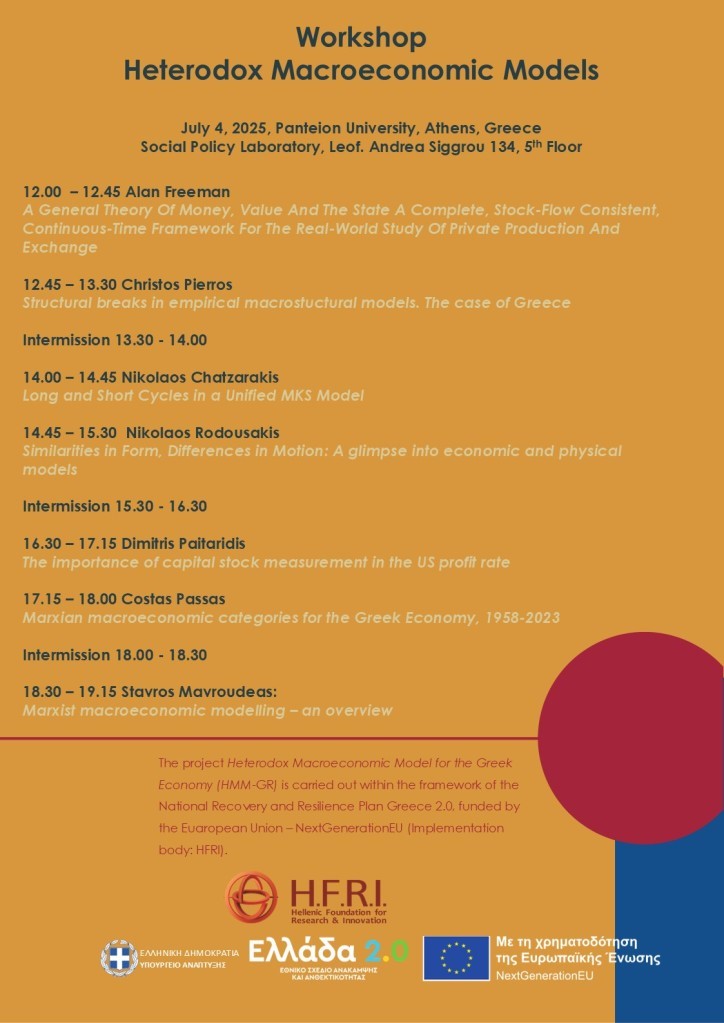Call for Papers: ‘The Political Economy of EU: the common home of European people or an imperialist integration?’
IIPPE 7th International Conference in Political Economy
‘Political Economy: International Trends and National Differences’
School of Economics & Management
University of Lisbon, Portugal
September 7-9, 2016
Call for Papers
‘THE POLITICAL ECONOMY OF EU: THE COMMON HOME OF EUROPEAN PEOPLE OR AN IMPERIALIST INTEGRATION?’
The European integration has been a long-standing and very ambitious project. It began in the post-WW II era in very different from today economic, social and geopolitical circumstances and has evolved till today. During its course it passed through several internal crises as well as major global crises (the 1974 and the 2007-8 ones being the more significant). From its very beginning was a matter of controversy both in general and within Political Economy and the Left. Two major camps emerged (and several sub-divisions). The first camp argues that the European integration project is an imperialist one, pushed forward by the dominant capitals of the Western European countries and aiming to exploit weaker economies and, in its course, to challenge US global supremacy. Thus, it is argued that the European integration is internally divided in at least two groups of countries: a dominant euro-centre and a dominated euro-periphery. Consequently, the task of the Left is to dismantle this reactionary project. The second camp argues that, despite any conservative hegemonies and later neoliberal foundations, the European integration is an inherently progressive process as it sets aside national conflicts and leads to a unified social and economic space in which the European working class has to struggle with the European capital for hegemony. Therefore, this camp supports pan-European initiatives for democratizing and/or socializing the European integration.
The 2007-8 global capitalist crisis brought to the fore with invigorated force this controversy. After some initial mainstream musing about decoupling between the US and the European Union (EU) economies, the latter were engulfed in an ongoing crisis centred on the European Monetary Union (EMU) but also spread to the whole of the European integration. The division between euro-core and euro-periphery became more pronounced, brutal austerity programmes were imposed on many euro-periphery countries under the auspices of troikas (EU-IMF-ECB) and social and national tensions erupted. Questions like leaving the EMU (like Grexit) or leaving the EU (like the Brexit) came to the fore and are hotly debated both generally and within Political Economy and the Left.
This panel aims to study this issue. It aspires to gather contributions analyzing subjects like:
- The economic, social and political nature of the European integration
- Theories and approaches studying it (e.g. uneven and combined development, convergence)
- Specific economic mechanisms (e.g. EMU, current account and trade imbalances)
- Comparisons between EU economies
- Geopolitical issues
Abstracts (500 words maximum) should be submitted by April 1, 2016. To submit your abstract, please go to the Electronic Proposal Form and carefully follow the instructions there. (All deadlines are listed at the link.)
For more general information about IIPPE, the working groups and the conference, please visit our website. For details on the panel, you can contact Stavros Mavroudeas (smavro@uom.gr).





